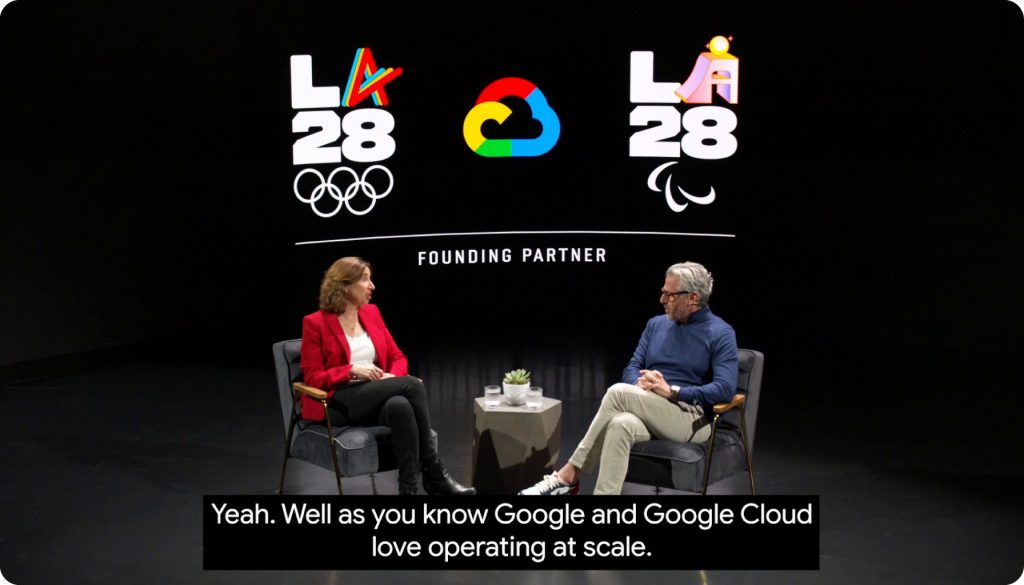
- Technology is leading sponsorship by driving fan relevance and business impact
- Google and LA28 are creating a connected, AI-powered Games experience
- Sponsors are becoming solution partners, not just brands
Sponsorship is a marketing tool used by most brands worldwide.
When well executed, it helps companies build their brands and achieve business goals more effectively — and faster.
However, the competition for sponsors’ marketing budgets is becoming increasingly tough.
In a digital world where ROI is easier to measure, getting fans’ attention has never been more expensive.
As seen in the last post, marketing directors invest, on average, 61% of their budgets in digital and 17% in sponsorship.
For a sponsorship activation or campaign to succeed, it competes with countless entertainment and paid campaigns trying to capture fans’ attention.
Often, the focus is on what the property can do for the sponsor. The truth is, long-lasting partnerships make both sides more successful.
Having Coca-Cola as a sponsor can help your property be present in millions of family and friends’ gatherings.
Having Amazon as a sponsor can provide global distribution channels for your products.
Having Rolex as a sponsor can make your property be perceived as luxurious, excellent, and traditional.
Today, more tech companies are helping sports properties tackle their biggest challenge: stay relevant to fans.
Properties like the NBA, F1, NFL and IOC have seen their share of tech companies in their sponsorship portfolios grow year by year.
Not only as tech partners, but owning categories for the solutions they bring. For example, Adobe was named as Premier League’s Official Digital Fan Experience and Official Creativity Partner.
Most of these solutions are complex, costly, and would take a lot longer if properties decided to do it by themselves.
The recently announced partnership between Google and LA28, Team USA and NBCUniversal for the Olympic and Paralympic Games aims to create a more connected, personalized, and AI-powered Games experience for athletes, fans, and stakeholders.
Tech solutions like Google Search, Gemini and Google Cloud will provide the scale and capabilities that the Games need to connect 49 venues, 1 million daily visitors, 150,000 athletes, officials, and volunteers, and 200 languages.
As the President of LA28 stated, “we couldn’t create it on our own and we don’t have the time to build it”.
The goal? To offer the same in-person and remote experience.
LA28 is on its way to becoming the most technologically advanced edition of the Games ever. Google joins other tech sponsors in the portfolio, such as T-Mobile (mobile operator), Cisco (networking equipment), and Deloitte (technology integrator).
With this partnership, Google reinforces its strategy of showcasing its products and services through sports. Google Cloud has several infrastructure partnerships, including with McLaren’s F1 Team and The Football Association (FA), while Google Pixel has smartphone deals with clubs like Liverpool.
As competition for fans’ attention and brands’ budgets intensifies, technology will become the bridge that keeps properties relevant — and the future of sponsorship will lie in experiences that connect, personalize, and add value to every fan moment.
Receive my weekly post